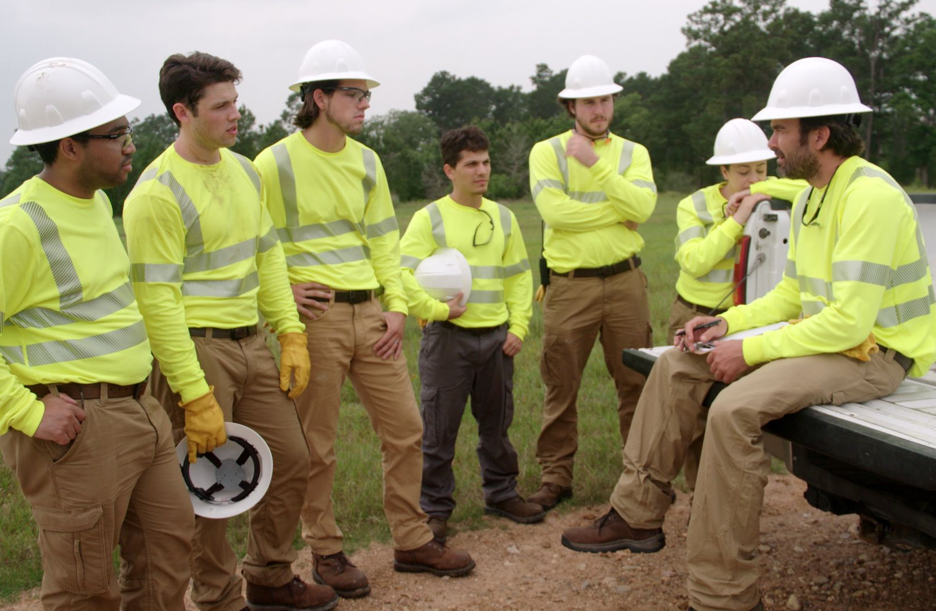Caterpillar “MindShift for Leaders” offers next-level safety leadership


Caterpillar Safety Services is dedicated to finding new and innovative ways to improve workplace safety. “MindShift for Leaders” offers an alternative to conventional methods of managing safety systems that center around designing policies, standard work and processes based on how managers think people should work, versus how they actually work.
A foundation for the new program, human and organizational performance (HOP) principles are a framework for talking about safety and creating a resilient safety culture by shifting organizations’ mindset to building more error-tolerant systems.
“Expecting perfection from workers is not realistic, and traditional methods of managing safety do not account for factors that can disrupt a system,” says Zach Knoop, manager, Caterpillar Safety Services. “A human and organizational performance mindset does not manage the incident itself but assists organizations with building more error-tolerant safety systems that allow people to stay safe, even when they make a mistake.”
HOP is not a step-by-step process, but a mindset built around scientific understanding of how people think, relate to one another in the workplace, communicate, set expectations, and respond to each other. It offers next-level thinking by recognizing there are opportunities to make work activities more error-tolerant and moves from investigations that create anxiety to interactions that help entire organizations learn and improve.
Caterpillar Safety Services’ “MindShift for Leaders” program is presented in five 90-minute virtual sessions that align with the five HOP principles, which are:
“MindShift for Leaders” fits within the Mindset component of Caterpillar Safety Services’ four Components of a Resilient Safety Culture (Mindset, System, Ownership, Leadership). Contact the Caterpillar Safety Services teamfor more information on “MindShift for Leaders” and other programs designed to help organizations create and support a resilient safety culture.
More information on Caterpillar Safety Services can be found by visiting www.Cat.com/safety.
Comments
Alex Colquhoun
Great to See Cat engaged with SIFp and HOP this is a step change in safety for industry